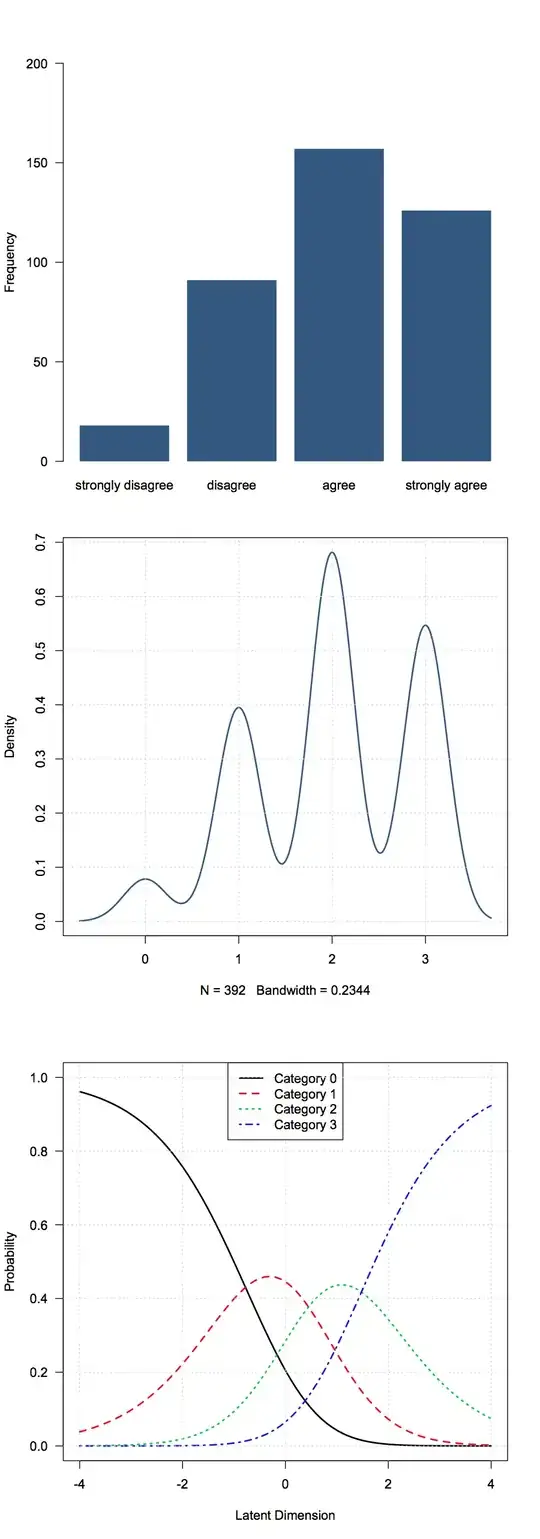For PCA, we can print out the number of components vs % variance explained, like in the following picture:
And as human practitioners, we're typically instructed to choose the number of components at the inflection point of the curve close to explaining all the variance.
Is there an algorithm that looks at the variance explained, and just automatically choose where that inflection point should be?
